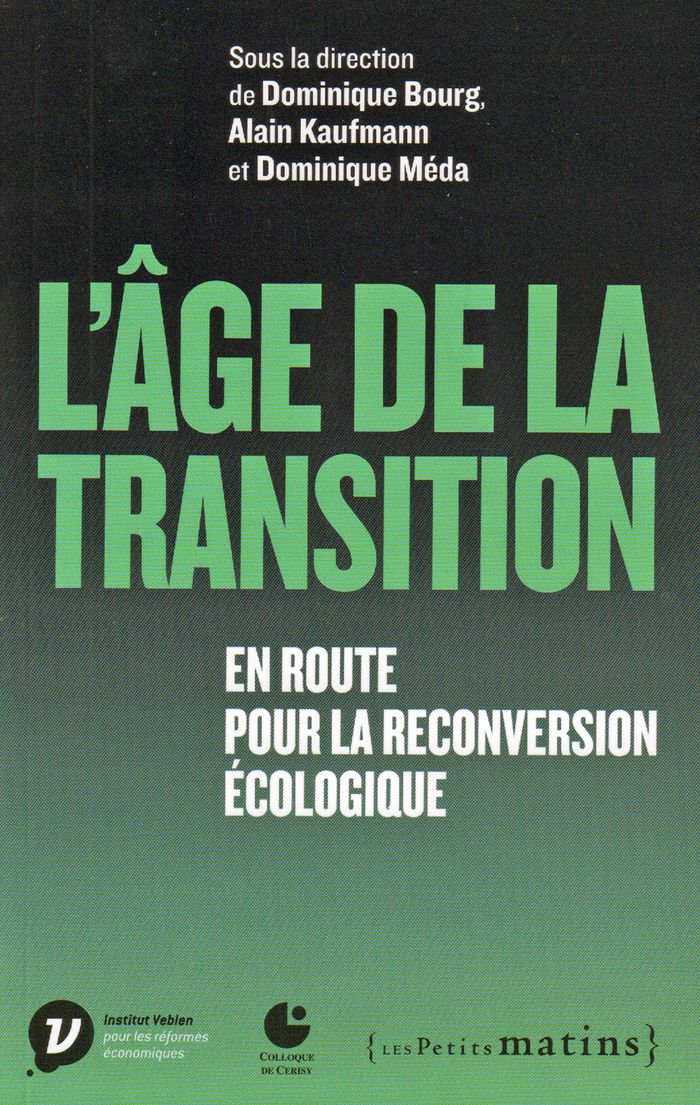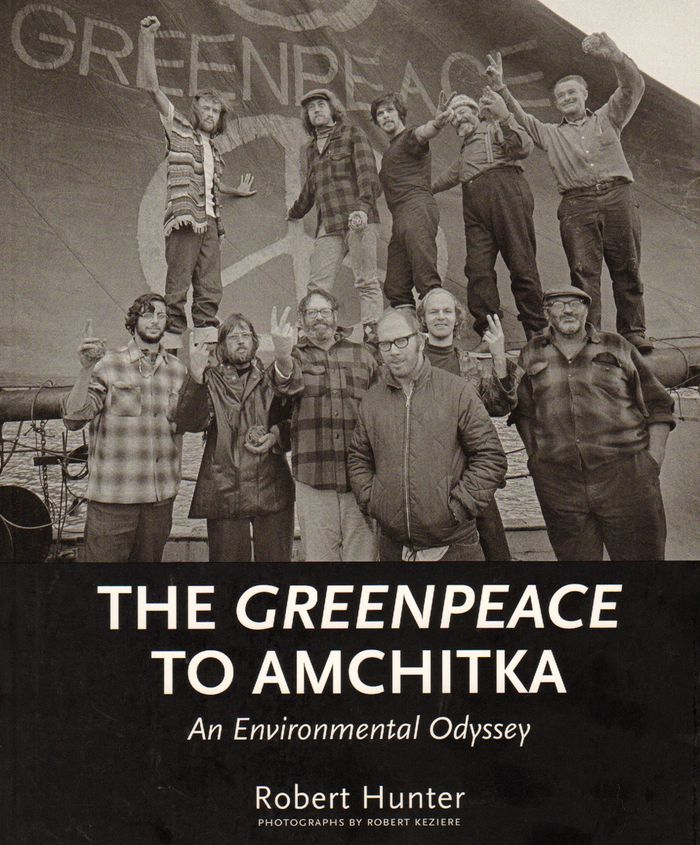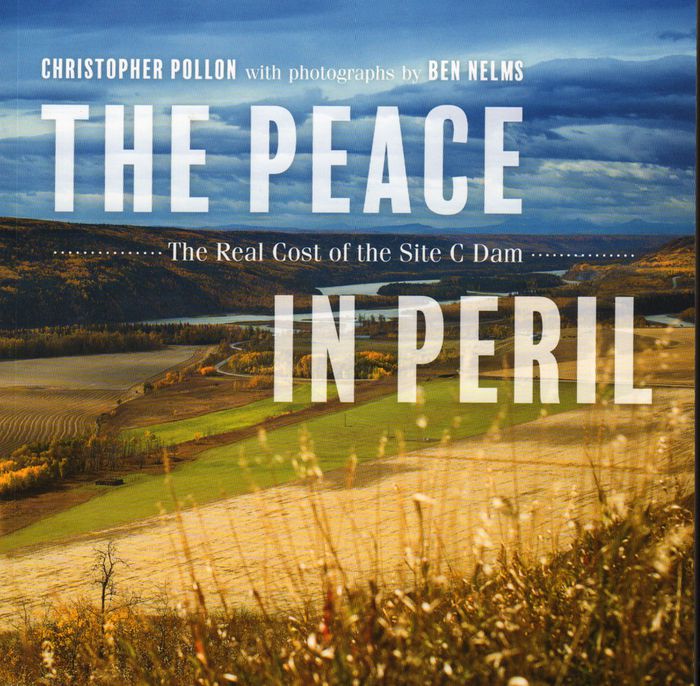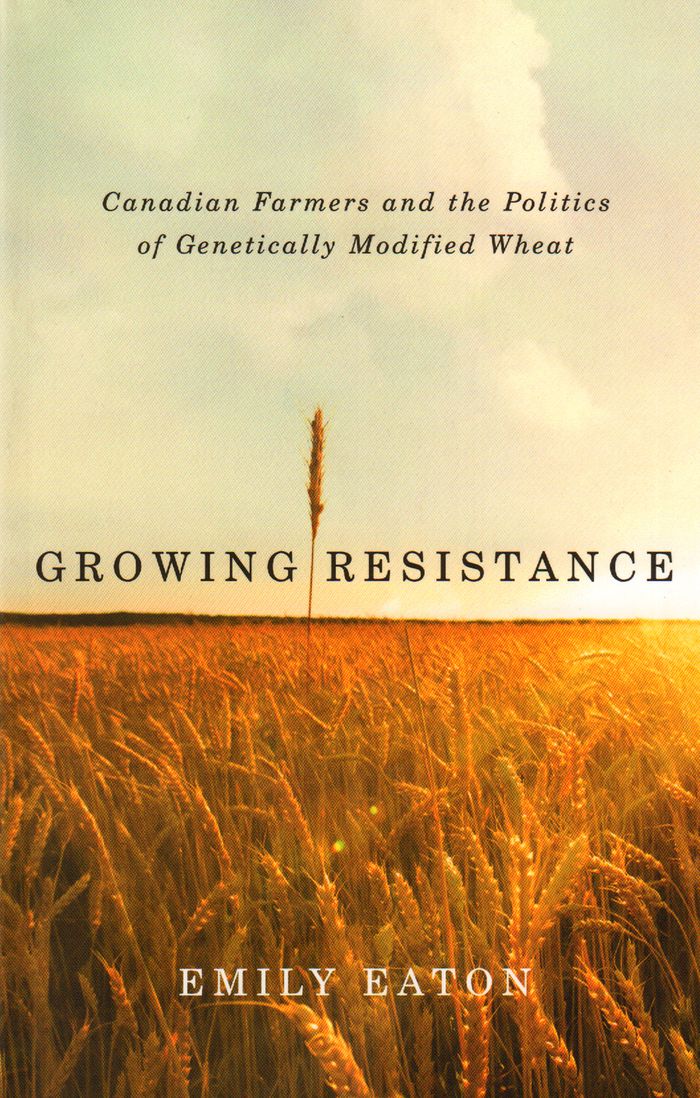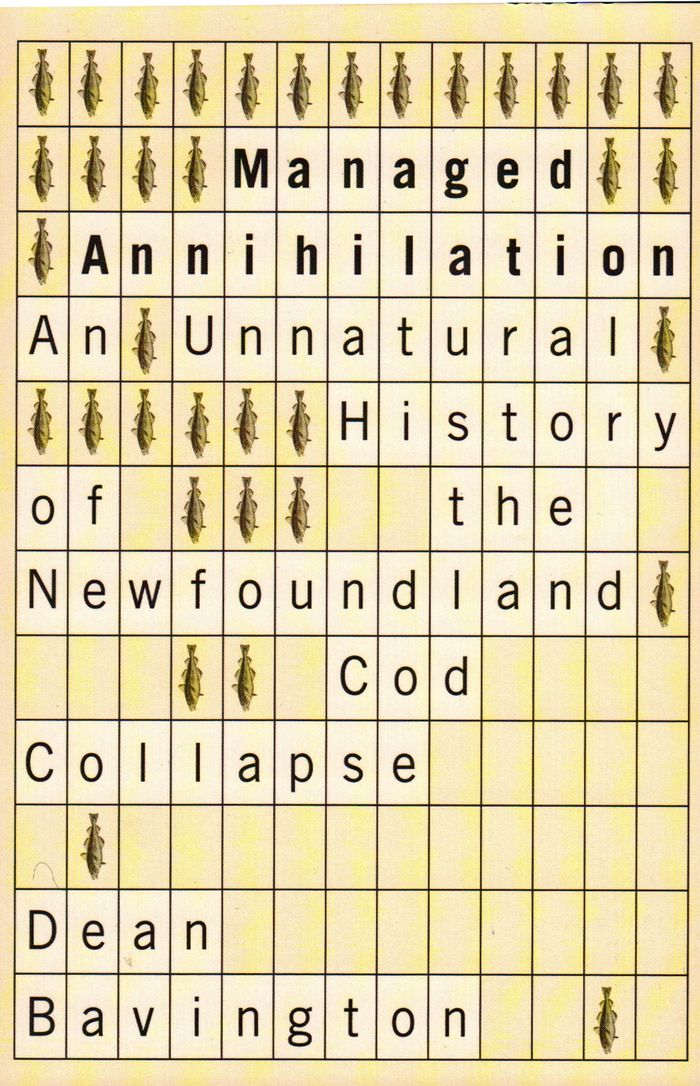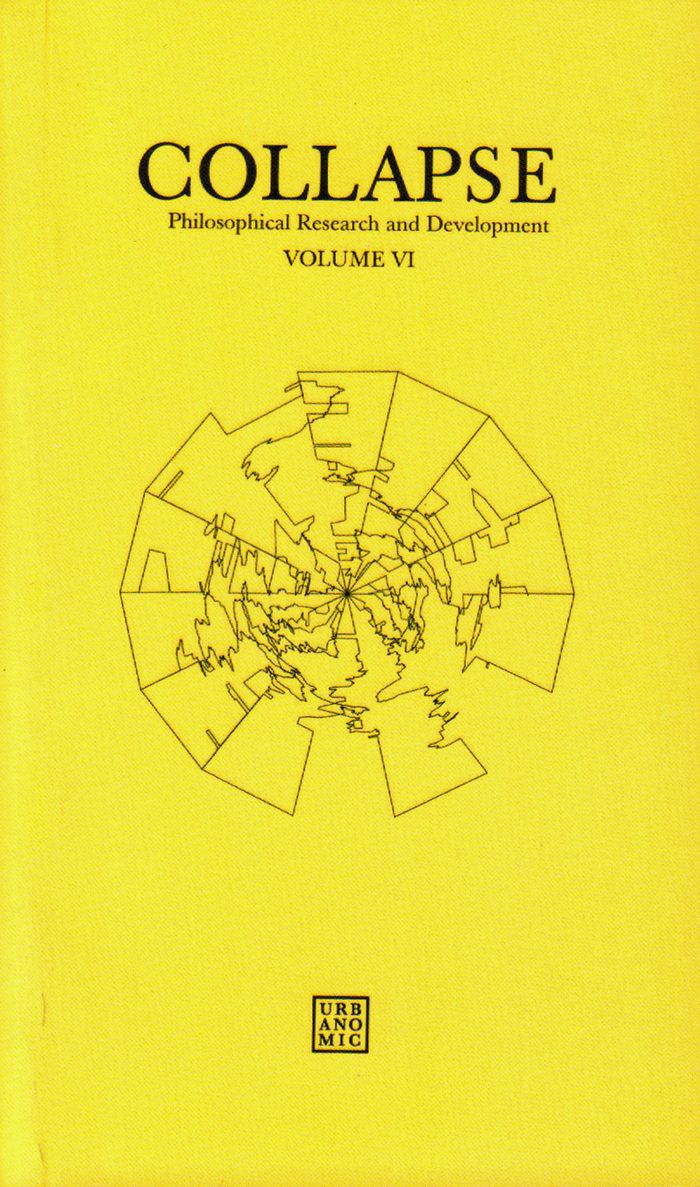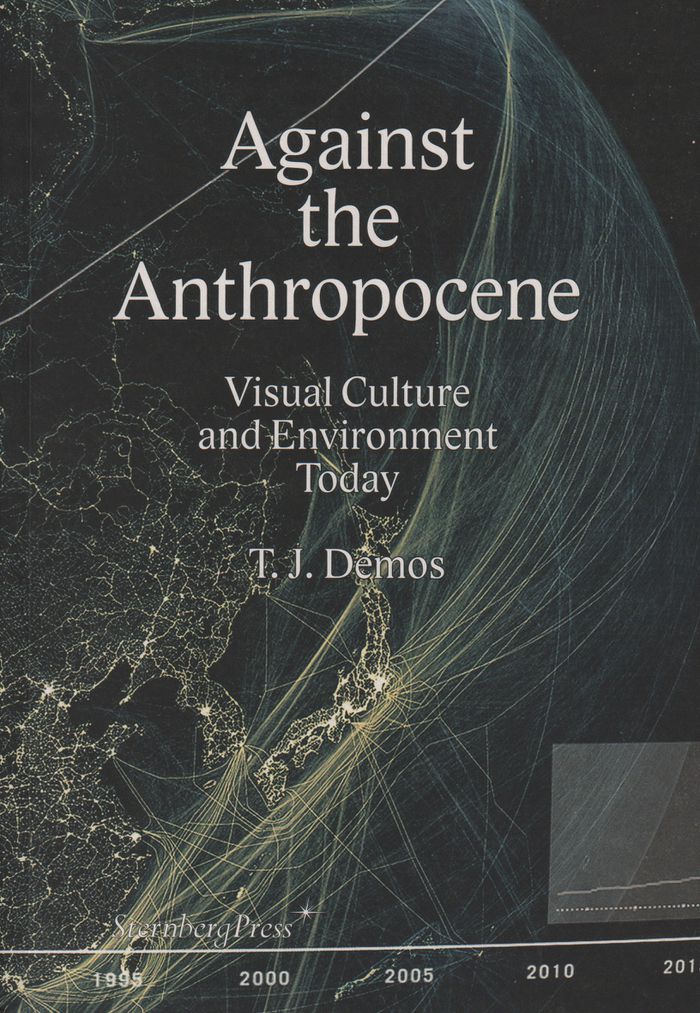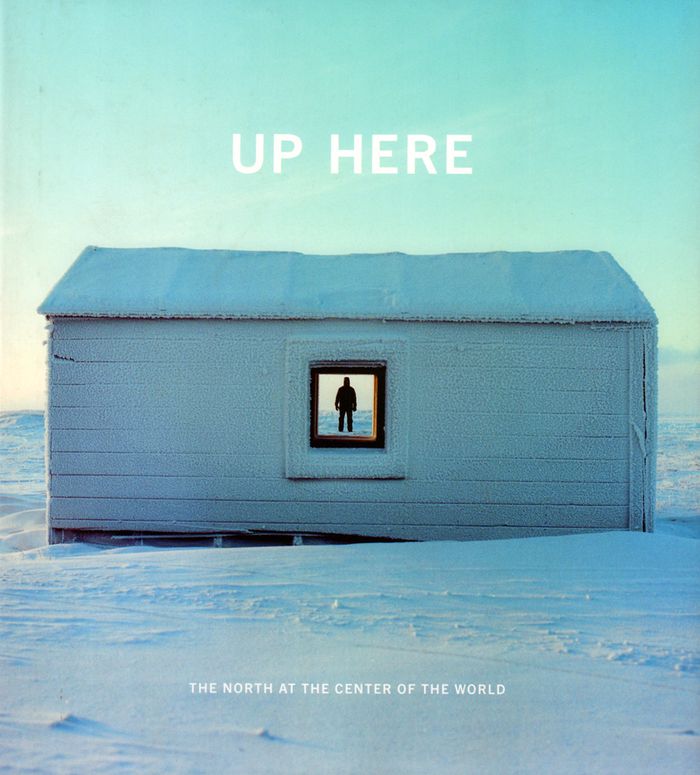L'âge de la transition
$45.95
(available to order)
Summary:
La notion de « transition écologique », en exprimant la nécessité d’adapter nos modes de vie au respect des limites de la biosphère, a progressivement supplanté celle de « développement durable », jugée trop vague et consensuelle par ses détracteurs. Mais des questions subsistent, et non des moindres : vers quoi nos sociétés peuvent-elles « transiter » et quels sont les(...)
Environment and environmental theory
October 2016
L'âge de la transition
Actions:
Price:
$45.95
(available to order)
Summary:
La notion de « transition écologique », en exprimant la nécessité d’adapter nos modes de vie au respect des limites de la biosphère, a progressivement supplanté celle de « développement durable », jugée trop vague et consensuelle par ses détracteurs. Mais des questions subsistent, et non des moindres : vers quoi nos sociétés peuvent-elles « transiter » et quels sont les chemins de cette transition ? Sous la direction de Dominique Bourg, Alain Kaufmann et Dominique Méda, les plus grands spécialistes de la transition écologique – économiste, physicien, philosophe, sociologue, ingénieur ou biologiste – ont apporté des réponses concrètes à ces questions urgentes lors du colloque de Cerisy « Quelles transitions écologiques ? », qui s’est tenu du 30 juin au 15 juillet 2015. Après avoir analysé les obstacles à la transition, les auteurs en tracent les voies. Des positions philosophiques et juridiques à embrasser aux technologies à privilégier en passant par la refonte de notre modèle social, les monnaies complémentaires ou le financement des investissements à mettre en œuvre, tous les aspects sont envisagés pour imaginer la transition écologique.
Environment and environmental theory
The Greenpeace to Amchitka
$24.95
(available to order)
Summary:
Greenpeace is known around the world for its activism and education surrounding environmental and biodiversity issues. With a presence in more than forty countries across Europe, the Americas, Asia, and the Pacific, Greenpeace is undoubtedly a dominant force in the realm of environmental activism. This is the story of how Greenpeace came to be.
The Greenpeace to Amchitka
Actions:
Price:
$24.95
(available to order)
Summary:
Greenpeace is known around the world for its activism and education surrounding environmental and biodiversity issues. With a presence in more than forty countries across Europe, the Americas, Asia, and the Pacific, Greenpeace is undoubtedly a dominant force in the realm of environmental activism. This is the story of how Greenpeace came to be.
Environment and environmental theory
$24.95
(available to order)
Summary:
Equal parts travel adventure, history and journalistic exploration, ''The Peace in Peril'' is a story about the dubious trade-off of hydro power for resources like timber and farmland, but also far more: the Peace valley has been a prosperous home to people for eleven thousand years. How will lives, human and otherwise, be erased or irrevocably altered when the next great(...)
Environment and environmental theory
November 2016
The peace in peril: the real cost of the Site C dam
Actions:
Price:
$24.95
(available to order)
Summary:
Equal parts travel adventure, history and journalistic exploration, ''The Peace in Peril'' is a story about the dubious trade-off of hydro power for resources like timber and farmland, but also far more: the Peace valley has been a prosperous home to people for eleven thousand years. How will lives, human and otherwise, be erased or irrevocably altered when the next great flood rises up to engulf the Peace River valley?
Environment and environmental theory
$27.95
(available to order)
Summary:
''Growing Resistance'' is the remarkable story of how Canadian farmers led an international coalition to a major victory for the anti-GM movement by defeating the introduction of Monsanto’s genetically modified wheat. Through interviews with producers, industry organizations, and biochemical companies, Emily Eaton demonstrates how the inclusion of producer interests was(...)
Growing resistance : Canadian farmers and the politics of genetically modified wheat
Actions:
Price:
$27.95
(available to order)
Summary:
''Growing Resistance'' is the remarkable story of how Canadian farmers led an international coalition to a major victory for the anti-GM movement by defeating the introduction of Monsanto’s genetically modified wheat. Through interviews with producers, industry organizations, and biochemical companies, Emily Eaton demonstrates how the inclusion of producer interests was integral to the coalition’s success in voicing concerns about environmental implications, international market opposition to GMOs, and the lack of transparency and democracy in Canadian biotech policy and regulation.
Environment and environmental theory
$32.95
(available to order)
Summary:
The commercial cod fishery in Newfoundland and Labrador was once the most successful in the world. When it collapsed in 1992 -- causing the largest single-day layoff in Canadian history and irrevocable ecological damage -- fishermen, scholars, and scientists pointed to failures in management such as uncontrolled harvesting and not taking fishermen’s concerns into account(...)
Managed annihilation: an unnatural history of the Newfoundland cod collapse
Actions:
Price:
$32.95
(available to order)
Summary:
The commercial cod fishery in Newfoundland and Labrador was once the most successful in the world. When it collapsed in 1992 -- causing the largest single-day layoff in Canadian history and irrevocable ecological damage -- fishermen, scholars, and scientists pointed to failures in management such as uncontrolled harvesting and not taking fishermen’s concerns into account as likely culprits.nExamining the history of commercial cod fisheries in Newfoundland and Labrador from the mid-nineteenth century to the aftermath of the cod moratorium, "Managed annihilation" makes the case that the idea of natural resource management was itself the problem. The collapse occurred when the fisheries were ostensibly managed by the state, and the fishery has still not recovered nearly twenty years later. Although the collapse of northern cod raised doubts among policy-makers about their ability to understand, predict, and control nature, their ultimate goal of control through management has not wavered -- it has simply been transferred from wild fish to fishermen and farmed cod.
Environment and environmental theory
$37.95
(available in store)
Summary:
Contemporary life is founded on oil - a cheap, accessible, and rich source of energy that has shaped cities and manufacturing economies at the same time that it has increased mobility, global trade, and environmental devastation. Despite oil’s essential role, full recognition of its social and cultural significance has only become a prominent feature of everyday debate(...)
Environment and environmental theory
June 2017
Petrocultures: oil, energy, culture
Actions:
Price:
$37.95
(available in store)
Summary:
Contemporary life is founded on oil - a cheap, accessible, and rich source of energy that has shaped cities and manufacturing economies at the same time that it has increased mobility, global trade, and environmental devastation. Despite oil’s essential role, full recognition of its social and cultural significance has only become a prominent feature of everyday debate and discussion in the early twenty-first century. Presenting a multifaceted analysis of the cultural, social, and political claims and assumptions that guide how we think and talk about oil, Petrocultures maps the complex and often contradictory ways in which oil has influenced the public’s imagination around the world. This collection of essays shows that oil’s vast network of social and historical narratives and the processes that enable its extraction are what characterize its importance, and that its circulation through this immense web of relations forms worldwide experiences and expectations. Contributors’ essays investigate the discourses surrounding oil in contemporary culture while advancing and configuring new ways to discuss the cultural ecosystem that it has created. A window into the social role of oil, Petrocultures also contemplates what it would mean if human life were no longer deeply shaped by the consumption of fossil fuels.
Environment and environmental theory
$45.95
(available in store)
Summary:
Is there an enduring bond between philosophical thought and the earth, or is philosophy’s task to escape the planetary horizon? And what is the connection between the empirical earth, the contingent material support of human thinking, and the abstract ‘world’ that is the condition for a ‘whole’ of thought? Real and imaginary geographies and cartographies have played a(...)
Collapse: philosophical research and development,: geo/philosophy, volume VI
Actions:
Price:
$45.95
(available in store)
Summary:
Is there an enduring bond between philosophical thought and the earth, or is philosophy’s task to escape the planetary horizon? And what is the connection between the empirical earth, the contingent material support of human thinking, and the abstract ‘world’ that is the condition for a ‘whole’ of thought? Real and imaginary geographies and cartographies have played a dual role in philosophy, serving both as governing metaphor and as ultimate grounding for philosophical thought; but urgent contemporary concerns introduce new problems for geophilosophy: planetary political, technological, military, and financial mutations have scrambled territorial formations, and scientific predictions now present us with the apocalyptic scenario of a planet without human thought. Collapse VI brings together philosophers, theorists, eco-critics, leading scientific experts in climate change, and artists whose work interrogates the link between philosophical thought, geography and cartography, in order to create a portrait of the present state of ‘planetary thought’.
Environment and environmental theory
$34.00
(available to order)
Summary:
Et si les rejets organiques des sept milliards de personnes qui vont aux toilettes chaque jour se transformaient en ressources à valoriser? Recycler nos selles et notre urine reste un tabou majeur dans nos sociétés. Pourtant, faire nos besoins dans de l’eau potable est peut-être l’une de nos habitudes culturelles les plus curieuses et les plus polluantes. D’une grande(...)
Le petit livre du fumain: manuel de compostage du fumier humain
Actions:
Price:
$34.00
(available to order)
Summary:
Et si les rejets organiques des sept milliards de personnes qui vont aux toilettes chaque jour se transformaient en ressources à valoriser? Recycler nos selles et notre urine reste un tabou majeur dans nos sociétés. Pourtant, faire nos besoins dans de l’eau potable est peut-être l’une de nos habitudes culturelles les plus curieuses et les plus polluantes. D’une grande pertinence écologique, et non sans une pointe d’humour pour désamorcer toute appréhension négative, Le petit livre du fumain vous offensera peut-être, mais il vous interpellera assurément. Car quiconque s’intéresse à un futur durable comprendra la nécessité de s’attaquer à cet enjeu. Alors, les déjections humaines, simples déchets ou ressources à valoriser?
Environment and environmental theory
$38.95
(available to order)
Summary:
"Against the anthropocene" scrutinizes the proposal that we are in a human-driven epoch regarding climate change. In this slender but dense volume, cultural theorist T.J. Demos analyzes the biases within contemporary visual culture popular science websites, remote sensing and SatNav imagery, eco-activist mobilizations, and experimental artistic projects demonstrating that(...)
Against the anthropocene: visual culture and environment today
Actions:
Price:
$38.95
(available to order)
Summary:
"Against the anthropocene" scrutinizes the proposal that we are in a human-driven epoch regarding climate change. In this slender but dense volume, cultural theorist T.J. Demos analyzes the biases within contemporary visual culture popular science websites, remote sensing and SatNav imagery, eco-activist mobilizations, and experimental artistic projects demonstrating that it does not merely describe a geologic period, but actively supports the neoliberal financialization of nature, anthropocentric political economy, and endorsement of geo-engineering as a preferred method of approaching climate change. To develop creative alternatives, Demos argues we need to carefully consider the underlying motives the Anthropocene thesis.
Environment and environmental theory
$51.95
(available to order)
Summary:
The North is a complex place that is beautiful, moody, and anything but untouched. The Arctic, part of the international North that is pivotal to the world because of climate change, is no longer a frontier of the past. The same interest in the North that preoccupied artists and explorers of the Romantic era has returned greater than ever, but rather than merely depicting(...)
Environment and environmental theory
October 2016
Up here: The North at the center of the world
Actions:
Price:
$51.95
(available to order)
Summary:
The North is a complex place that is beautiful, moody, and anything but untouched. The Arctic, part of the international North that is pivotal to the world because of climate change, is no longer a frontier of the past. The same interest in the North that preoccupied artists and explorers of the Romantic era has returned greater than ever, but rather than merely depicting its grandeur, today's artists, scientists, and explorers question the future of the landscape. "Up here" connects art, science, and environment at a time when unprecedented climate change requires unprecedented innovation. The contributors explore the ideas of "wilderness" and "remoteness," the lessons to be learned from cold places and indigenous knowledge, and how the Arctic is a signal for global change.
Environment and environmental theory
